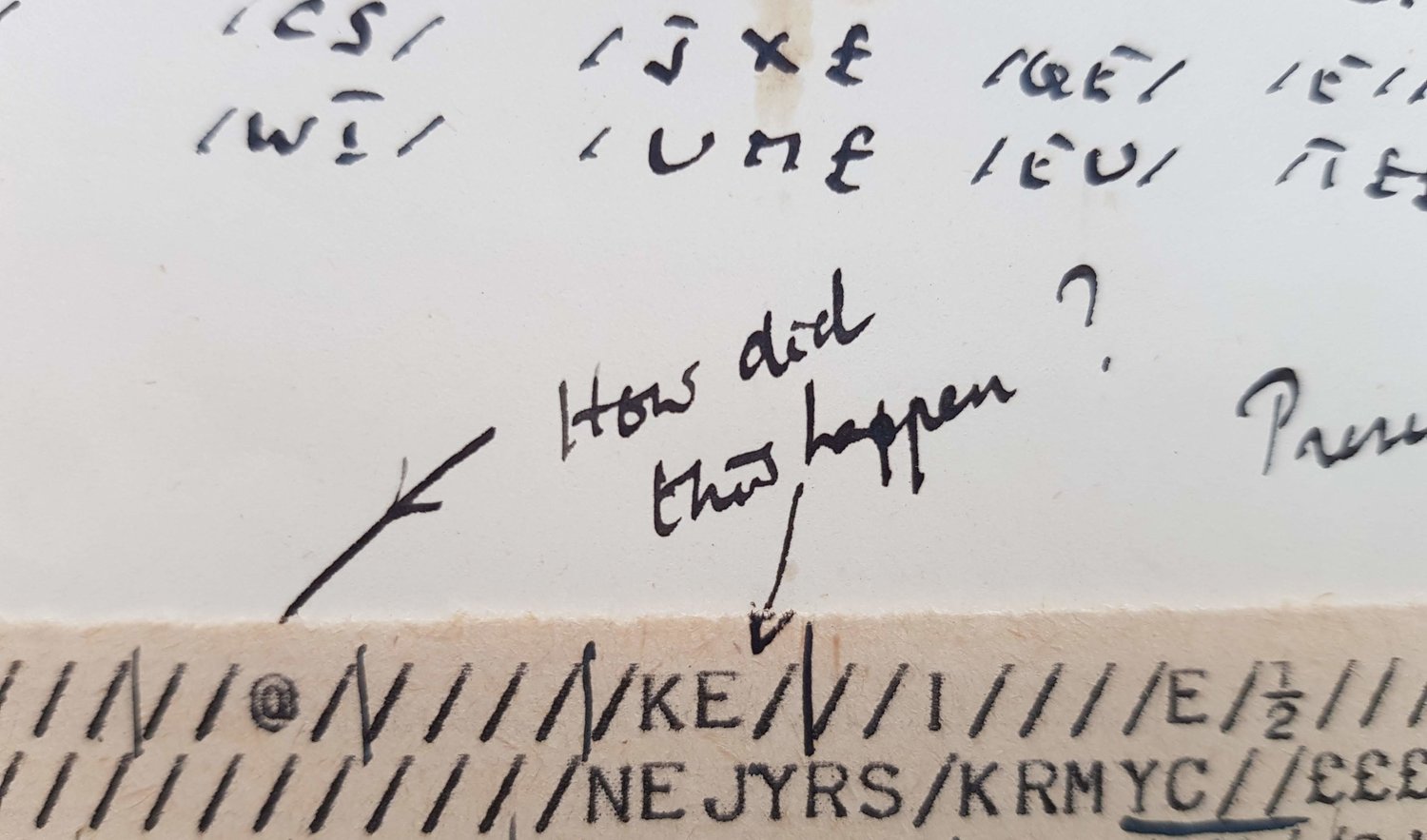From Joan Marks, 1952, Cafe & Milk Bar Catering, London: Heywood & Co.
Manchester’s Oxford Road has long been a cruising ground for all sorts of pleasures, but its most documented pick-up was in 1951 when Alan Turing caught the eye of Arnold Murray there in December 1951. (A nearby contender is when Anthony Burgess met one of the three women to whom he lost his virginity by asking how to use the card catalogue in Manchester Central Reference Library. It wasn’t a foursome: Burgess just told three different versions of the loss.) As Murray remembered it years later, he and Turing repaired to a milk bar nearby, for Turing to show off successfully about being the university brain behind the University Brain. A picture of the milk bar involved would really have helped my book along, but I couldn’t even work out which one it was. But my researches did reveal this recipe for a banana split that I pass on in a spirit of dairy goodness.
I also found Joe Moran’s splendid essay on both milk bars and writing about milk bars, which I strongly recommend, and it was through Moran that I discovered the wonderful writing of Norman Shrapnel in the Manchester Guardian. Here he is acerbically viewing the Festival of Britain through Mancunian eyes, and here, a few months later, is the result when an authority figure revealed his worries about what milk bars were doing to our youth:
THE LURE OF THE MILK BARS
An Investigator's Search for the Sinister
Searching for depravity among the milk bars is a quest that could happen in no time and in no place but ours. We are in Graham Greeneland; among the morose haunts of former innocence. It is here, in the fun fairs and the soft-drink establishments and the once-gay places with entrance halls of distorting mirrors at which nobody laughs any more, that corruption waits to strike. Can Greenery curdle even a milk bar ? Dr J. L. Burn, medical officer of health for Salford, seems to think so. He sees some of them as rather sinister places where "young people flock at night when they ought to be in bed." Illegitimacy is on the increase. Partly to blame, he suspects, is the growing number of "snack bars and milk bars of an unsatisfactory type." Not all milk bars, he hastens to add: some of them are as candid as on the day they were born. But there is what he darkly calls "the other kind." Setting out to find "the other kind"' is a suitable pastime for a January night, nagged by an indeterminate wind and spattered with icy rain.
The Manchester Guardian, 10 Jan 1952. I wonder if this was the first sighting of the phrase Greeneland? It was perhaps not the first appearance of the use of the pathetic fallacy.

